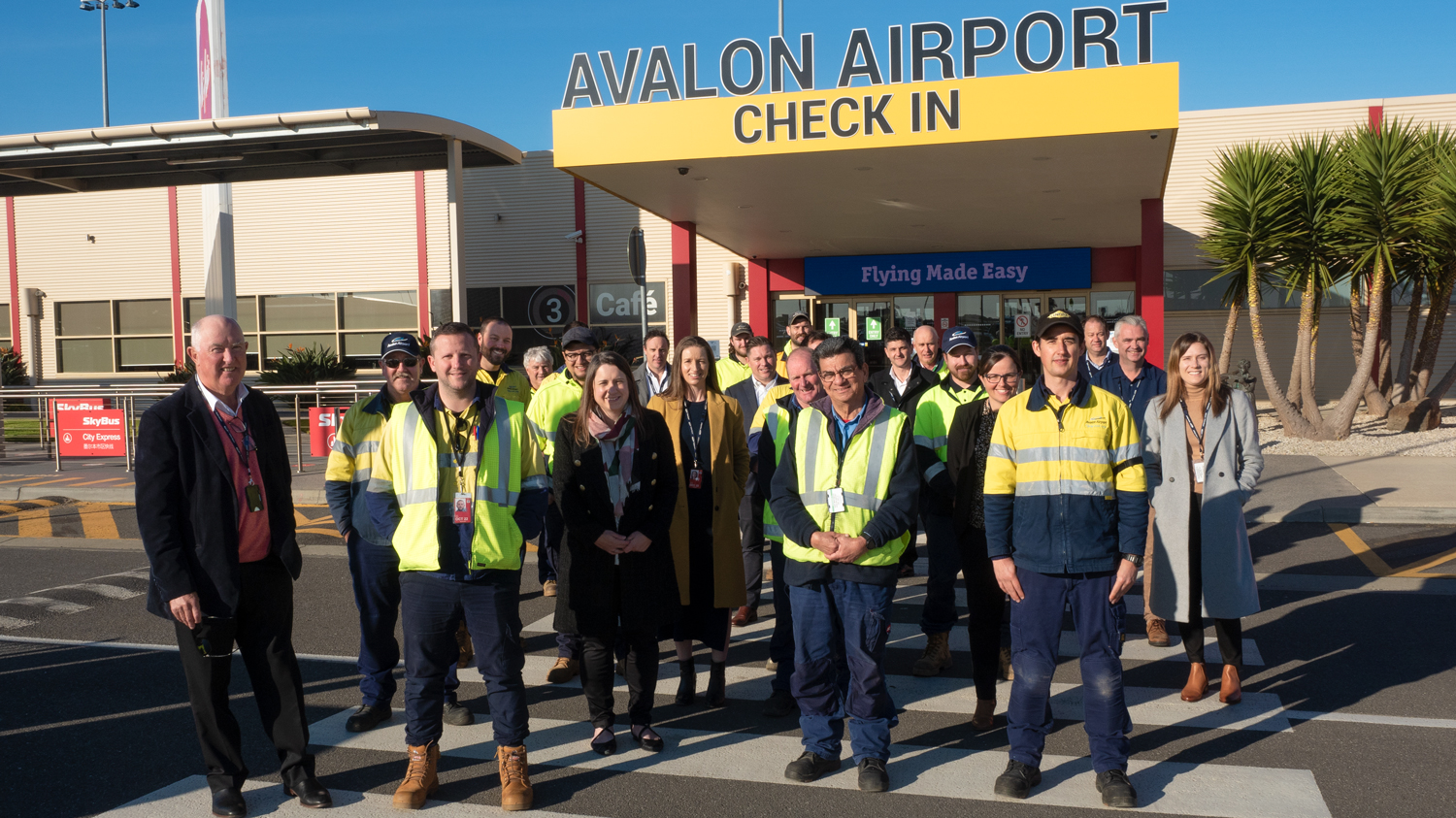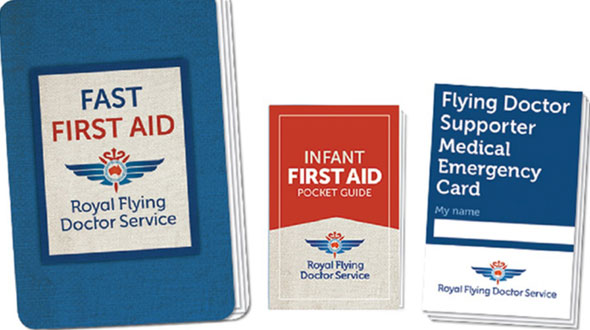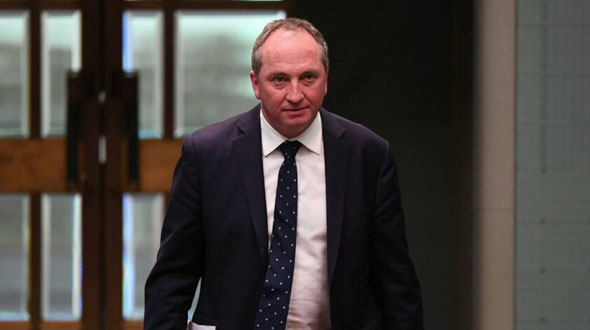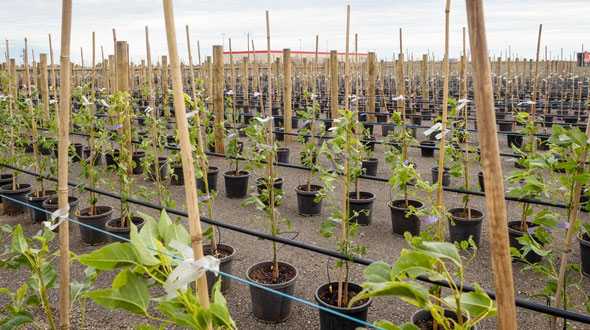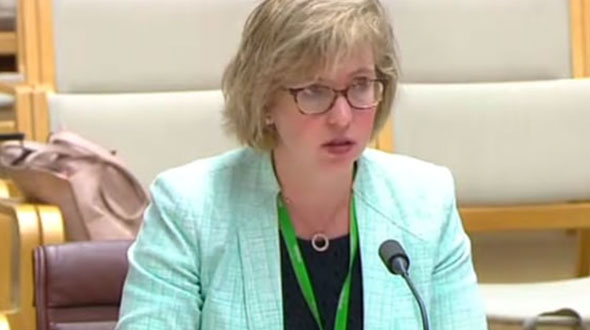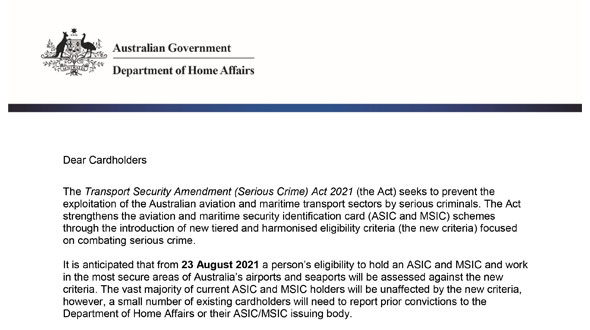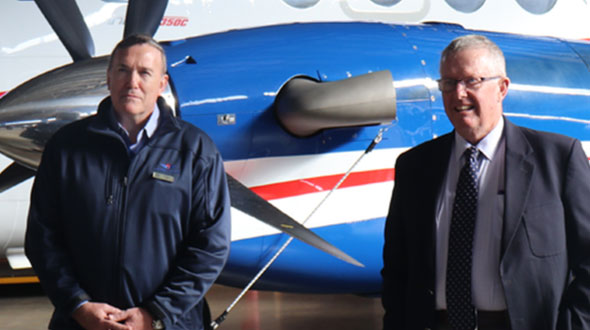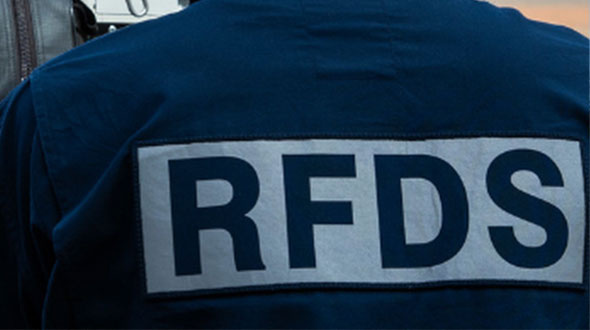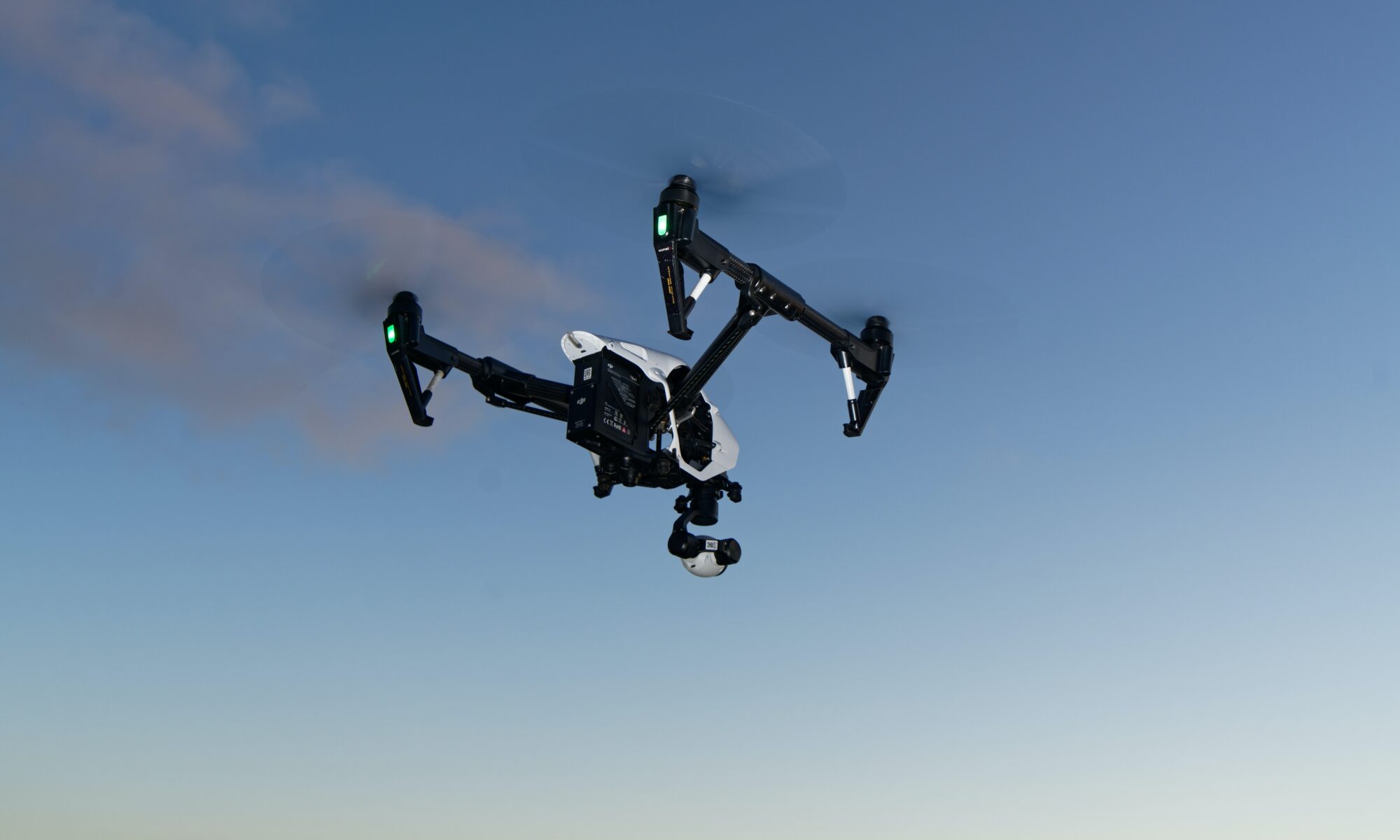Article supplied by CASA
Latest updates
- CAO 48.1 will remain in force after the 2 December 2021 introduction of the flying operations CASRs (Parts 119, 121, 133, 135). Once transitioned to CAO 48.1 by 1 July 2021 operators will not be required to make a further amendment the fatigue sections of their operations manuals to comply with the new CASRs.
- CASR 91.520 establishes obligations on all flight crew to be fit for duty including with respect to fatigue.
CASA’s Plain English Guide for fatigue management has been developed to make it easy for operators to understand the regulation, requirements and their obligations. This guide provides regulatory information in a simple, easy-to-read and understandable language.
Fatigue risk management involves operators and pilots taking steps to manage increasing levels of fatigue so that it does not result in a safety risk.
On this page
New fatigue rules
Most operators need to comply with new fatigue rules from 1 July 2021. There are three routes for transition:
- Transition to the prescriptive rules in Appendices 1-6 of the 2019 rules without modification
- Transition to the prescriptive rules in Appendices 1-6 of the 2019 rules with some minor variation
- Transition to a trial fatigue risk management system (FRMS).
Resources are available to assist operators transition to the new fatigue rules, including our Plain English Guide for fatigue management and our Fatigue transition policy (PDF 350.91 KB) that provides information for operators on how to meet transition timeframes and comply with the new rules.
Fatigue panel
To support industry with the implementation of the new fatigue rules, CASA has established a fatigue panel. The panel is made up of regulatory services staff experienced in fatigue policy and operationalising regulatory requirements and human performance specialists, providing a high level of advice relating to regulatory services and surveillance standards for CAO 48.1 Instrument 2019.
The fatigue panel is responsible for supporting efficient and consistent decision-making under the new fatigue rules. Ensuring consistency in regulatory services and surveillance activities, the panel provides specialist technical advice, assesses and evaluates:
- transition plans for operators transitioning to the prescriptive rules (Appendices 1 to 6)
- applications for minor variations to the prescriptive rules (Appendices 2 to 6)
- fatigue risk management systems (FRMS) applications (Appendix 7).
Fatigue enquiries
CASA has changed how it manages enquiries and correspondence relating to the fatigue rules.
Please choose one of the options below that is relevant to your enquiry:
- If you are seeking regulatory clarification, guidance, advice or support regarding the fatigue regulations submit an enquiry using the Regulatory guidance enquiry webform
- If you are wanting to make an application to CASA or submit documents to support an existing application email regservices@casa.gov.au
- If neither of the criteria above applies to you, or you are uncertain of how to proceed, submit an enquiry using the Regulatory guidance enquiry webform.

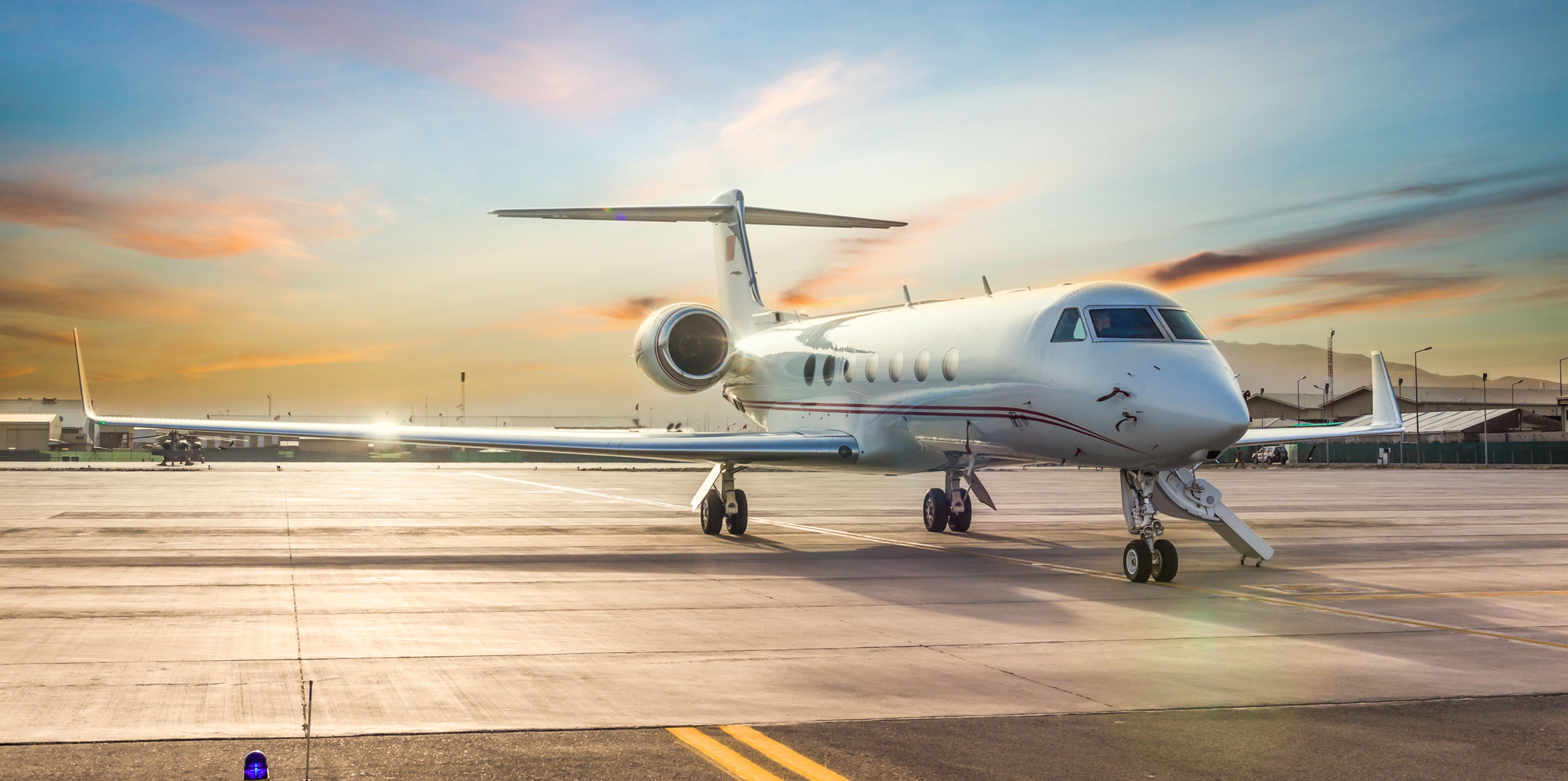
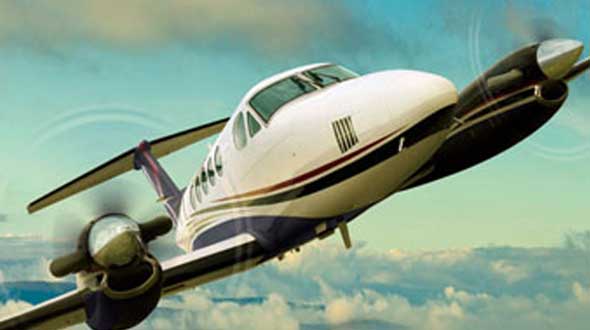
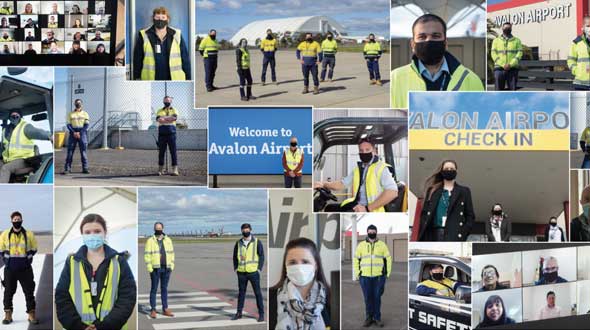
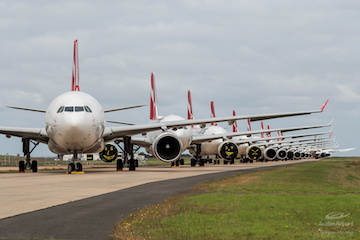 The team was thrilled to win the WorkSafe sponsored Safe & Healthy Business Award. The airport has always made safety a priority, and completed major upgrades across 2020 that furthered their commitment to creating a safe and healthy space for staff and passengers.
The team was thrilled to win the WorkSafe sponsored Safe & Healthy Business Award. The airport has always made safety a priority, and completed major upgrades across 2020 that furthered their commitment to creating a safe and healthy space for staff and passengers.
